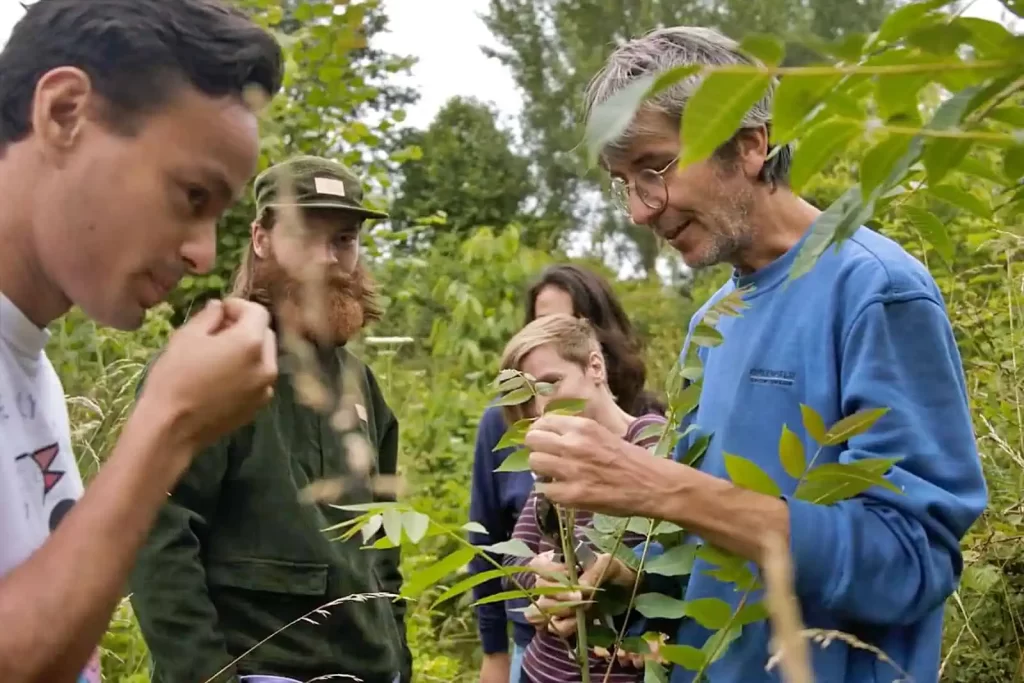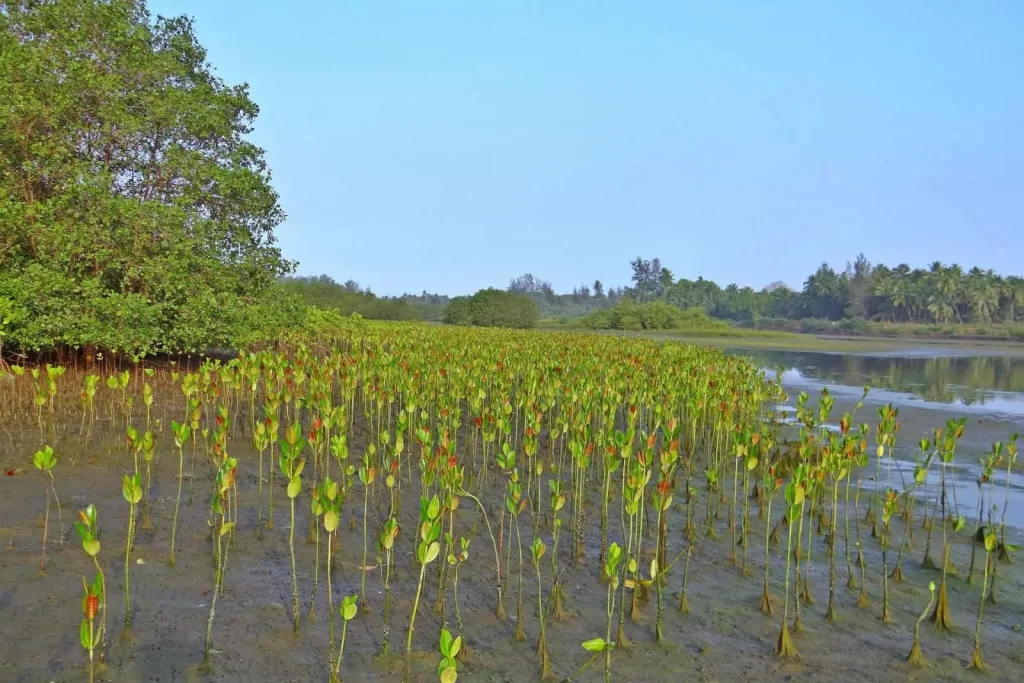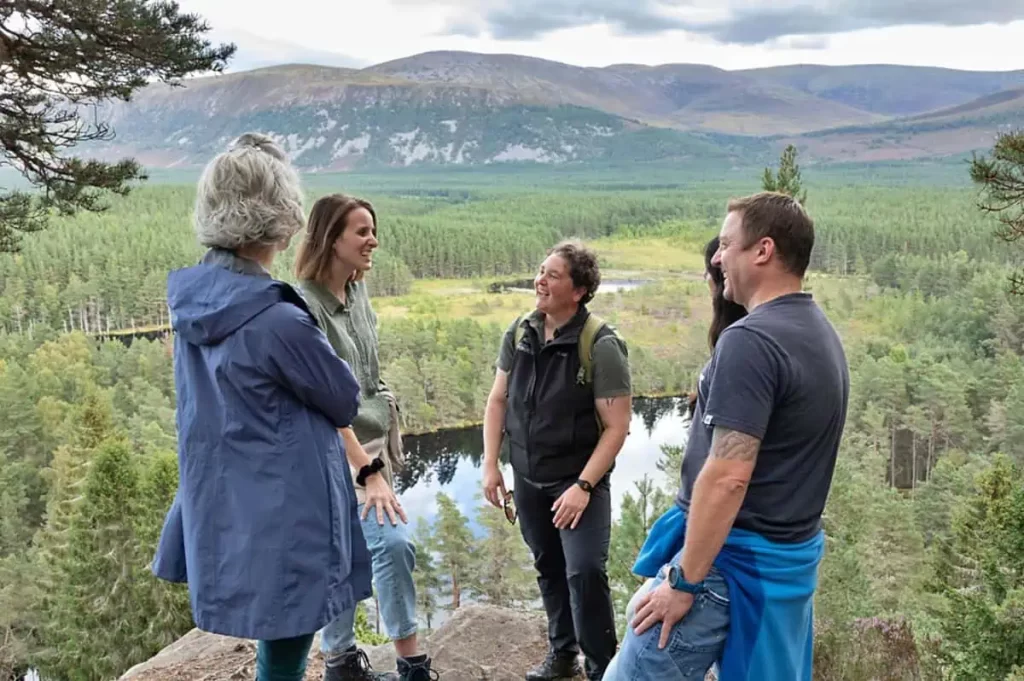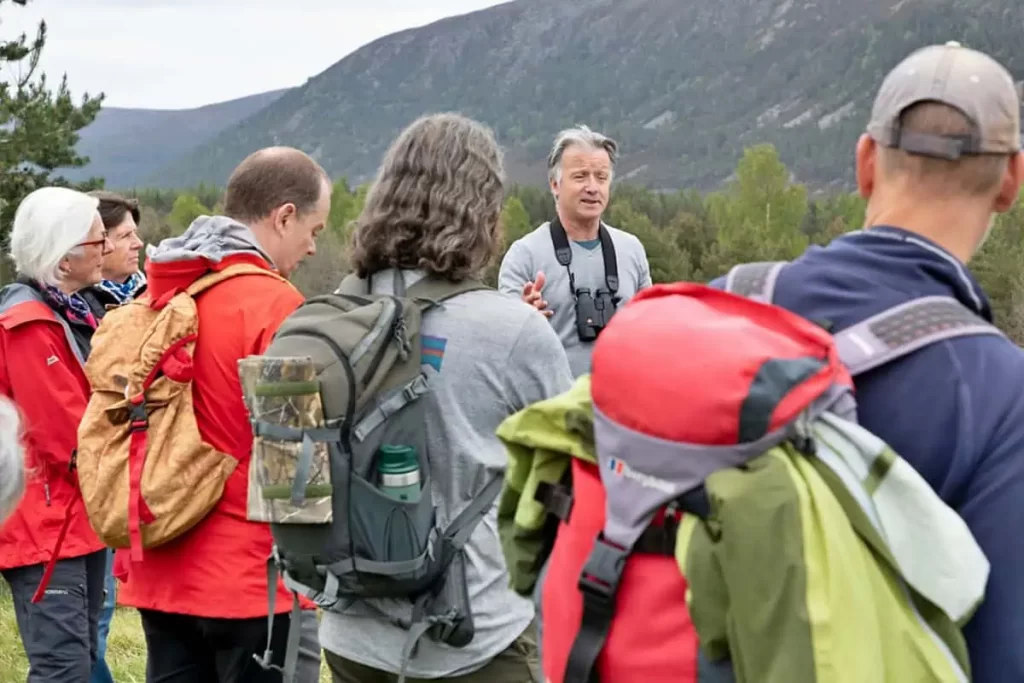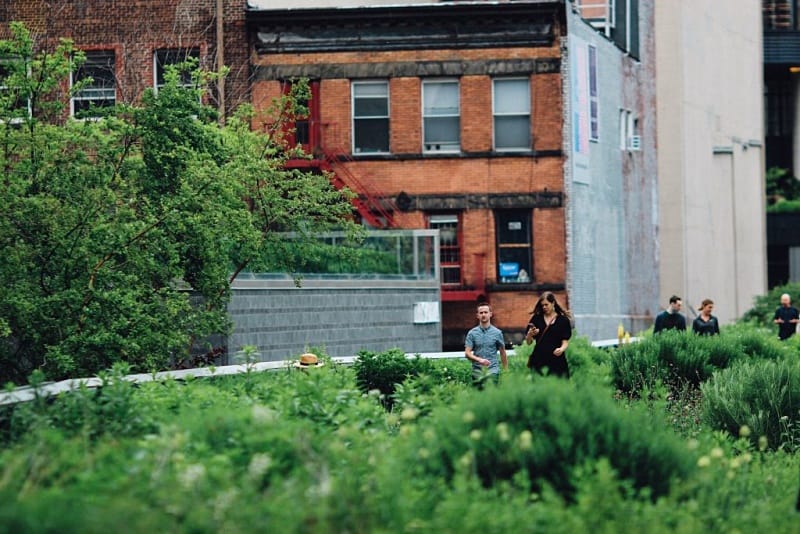
Urban Rewilding: Restore your local ecosystem
About this course
In this urban rewilding course, you’ll learn how to make our cities more livable and sustainable.
To address city-specific issues ranging from urban heat islands to human wellbeing, we must first change our minds.
Instead of trying to control nature, we need to harness its powers; we must let nature do what it does best: grow.
Wageningen University & Research in collaboration with the Rewilding Academy presents a Massive Open Online Course (MOOC) on ‘Urban Rewilding: restore your local ecosystem’. Gardens, parks, and ponds filled with native flora and fauna can only speed up the process of restoration of the urban environments.
Enrol in our course and join us for the transformational journey of urban rewilding!
- Ecological Restoration
- Online

